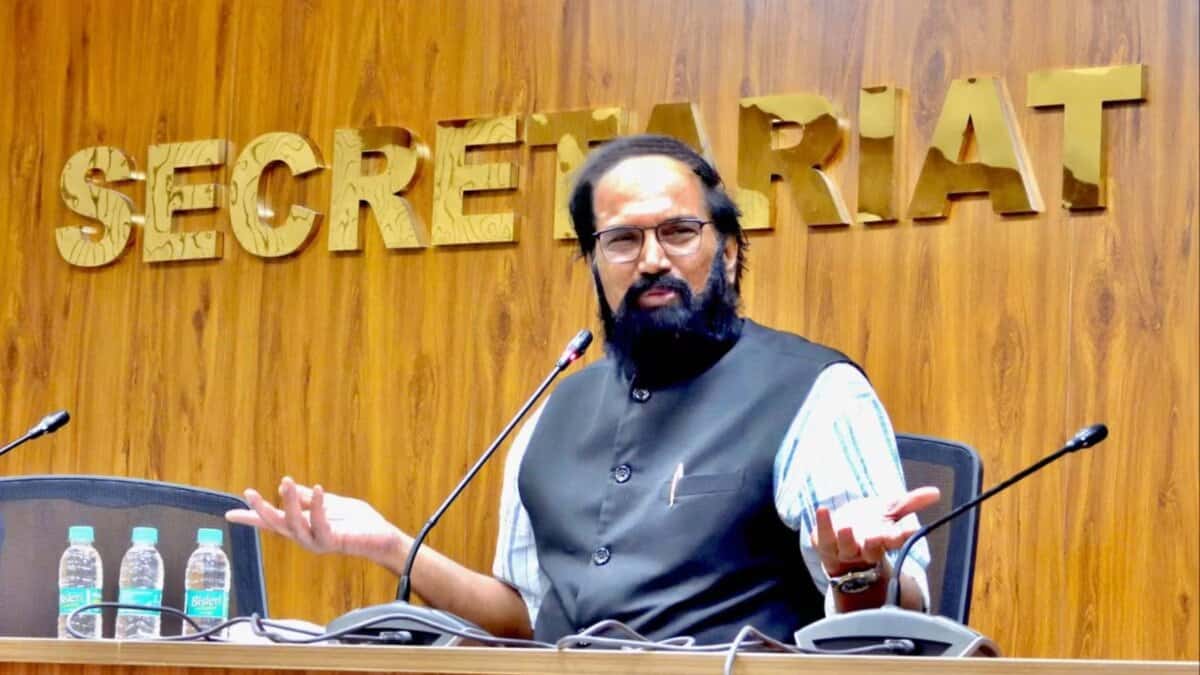
Hyderabad: Telangana Irrigation and Civil Supplies Minister Capt. N Uttam Kumar Reddy has said that the recently completed caste-based socio-economic survey in the state is legally valid and can withstand scrutiny in court. He said the survey provides a strong foundation to increase reservations beyond the 50% cap set by the Supreme Court.
Speaking at an event held at Indira Bhawan in New Delhi ahead of Deputy Chief Minister Mallu Bhatti Vikramarka’s presentation on the ‘Telangana Socio-Economic Survey – Model and Methodology,’ Uttam said the Congress government had fulfilled a key election promise by launching the survey within three months of taking office in December 2023.
The event was attended by senior Congress leaders including party president Mallikarjun Kharge, Rahul Gandhi, Priyanka Gandhi, Chief Minister A Revanth Reddy, TPCC President Mahesh Kumar Goud, and others.
Uttam highlighted that while the national Census includes Scheduled Castes and Scheduled Tribes, it does not account for Other Backward Classes (OBCs). This gap, he said, makes Telangana’s survey crucial for advancing the Congress party’s agenda of social justice and inclusive development.
The survey collected detailed information on all castes and sub-castes, including their economic, educational, and political status. Around 94,000 government employees, including teachers and Anganwadi workers, were involved in collecting household-level data over a period of 50 days.
The collected data was later reviewed by a subcommittee, and its recommendations were approved by the state cabinet. Based on this, two bills, one on political reservations and the other on socio-economic reservations were passed by the Assembly and sent to the President after the Governor’s approval. However, the bills have been pending with Rashtrapati Bhavan for over four months.
The entire survey process was guided by an expert committee chaired by former Supreme Court judge Justice Sudarshan Reddy, along with scholars and social scientists. “Every step was supervised and backed by experts to ensure the legal strength of the exercise,” Uttam said.
He also noted that OBC reservations in local bodies were earlier capped at 27%. With strong data support from the survey, the state has now proposed increasing this to 42%. “This is no longer just a political demand, we now have solid evidence,” he said.
Uttam concluded by saying that the Congress government in Telangana is committed to both increasing OBC reservations and launching targeted welfare programmes based on the backwardness of individual castes. “Our approach is not just political, it’s legal, scientific, and administrative,” he added.


